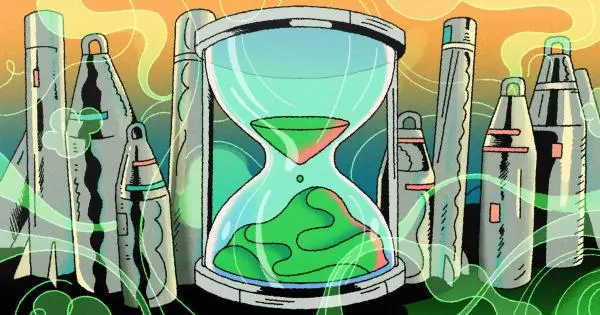The United States’s Chemical Warfare Service readied hundreds of thousands of mortar shells and artillery rounds filled with mustard gas in the 1940s. During the Cold War, even more lethal chemical weapons followed: artillery and rockets filled with VX and GB, better known as Sarin, nerve agents that, with as little as a few drops, can be deadly.
These munitions would make up the United States’s chemical weapons arsenal, one of the biggest in the world.
It’s all gone now. This summer, on July 7, at the Blue Grass Chemical Agent-Destruction Pilot Plant in Kentucky, the last M55 rocket, filled with GB, was dismantled. With it went the entirety of the US’s declared chemical munitions stockpile.
read more: https://portside.org/2023-09-30/2023-us-finally-destroyed-its-chemical-weapons
archive: https://archive.ph/94jae


Not necessarily. Chemical weapons have been off the table for a long time. They’ve got all the stigma of nukes but without MAD to justify them. Militaries tend to be conservative about weapons, though - they don’t want to throw away a working weapon just in case it’s needed.
My guess - the existing weapons are probably outdated and it makes little sense to develop new ones given that it’s highly unlikely they’ll be used. It’s not like we fight the kind of wars where they’d be effective (think WWI here) anymore.
“Conventional” weapons can do more damage with more accuracy than chemical ones.
Aside from killing civilian populations, there’s no reason to keep them around.
That said, we probably have some particularly nasty “conventional” weapons somewhere to accomplish the same outcome.